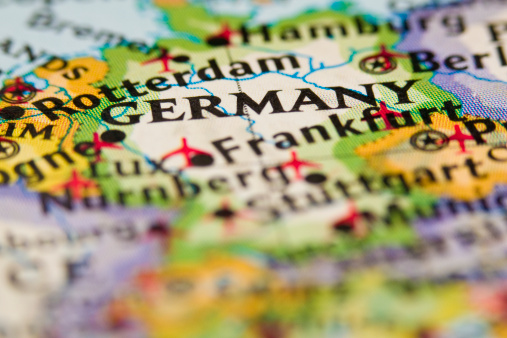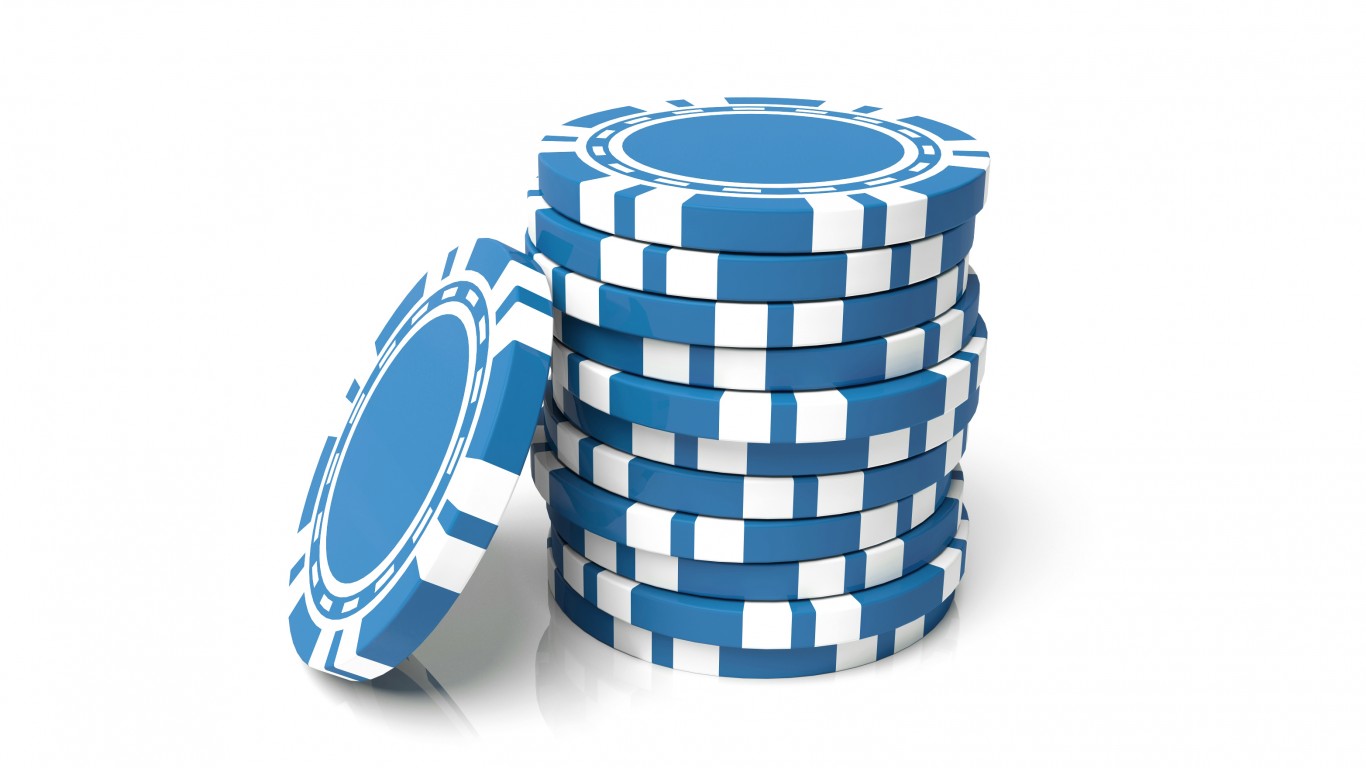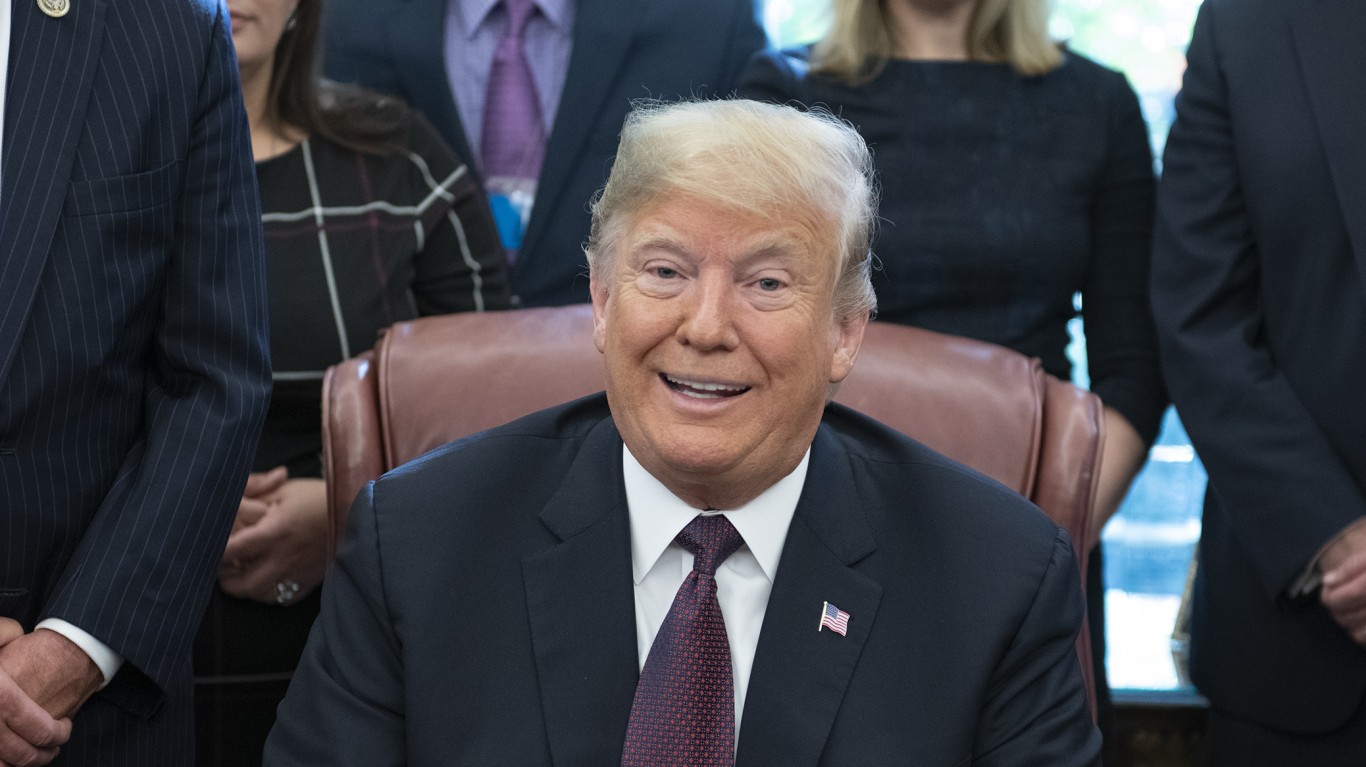Recessions are defined by most experts as two quarters of contraction of gross domestic product. Deep problems with national economic situations cannot be described quite as simply. Japanese GDP data just released showed that the third-largest economy by GDP is in full retreat. Numbers from Germany and France were not much better, no matter how they might be spun as modestly positive.
The Federal Statistics Office in Germany (Destatis) reported that:
The German economy suffered a dip towards the end of 2012: compared with the previous quarter, the gross domestic product (GDP) decreased by 0.6% in the fourth quarter of 2012 after adjustment for price, seasonal and calendar variations
In France, the National Institute of Statistics and Economic Studies (INSEE) reported:
In 2012 Q4, French gross domestic product (GDP) in volume stepped back (–0.3%), after +0.1% the previous quarter. Over the year, GDP growth was null in 2012, after +1.7% in 2011.
The trend in each nation is not only down, but down in the one period of the year when consumer activity should be the strongest.
Germany has rejected stimulus as a means to improve economic activity in every part of Europe. So far it mostly has followed the same philosophy for its own economy as well. France, on the other hand, despite an attempt to tame deficits, at least has tried to prime activity. So far, neither approach has worked.
The blame for the Germany and French recessions already has been set with the rest of the European Union. Exports to the world outside the alliance have not offset weak demand within it. Germany in particular faces the chance that its objection to stimulus by the governments of its economically weakest neighbors will undercut the foundations of its own recovery. With Spain, Italy and smaller economies in terribly awful trouble, the consumer activity within its own borders, and demand for its goods and services, particularly in China and the United States, will not save it.
France does not have the economic might to help save itself from recession. Germany may, particularly if it allows some part of the balance of the EU to gamble that stimulus might trump austerity as a means to save the region economically, and itself as well.
Thank you for reading! Have some feedback for us?
Contact the 24/7 Wall St. editorial team.





